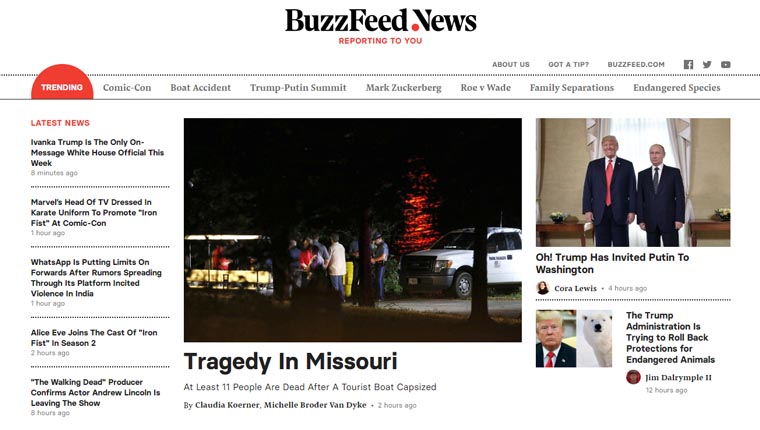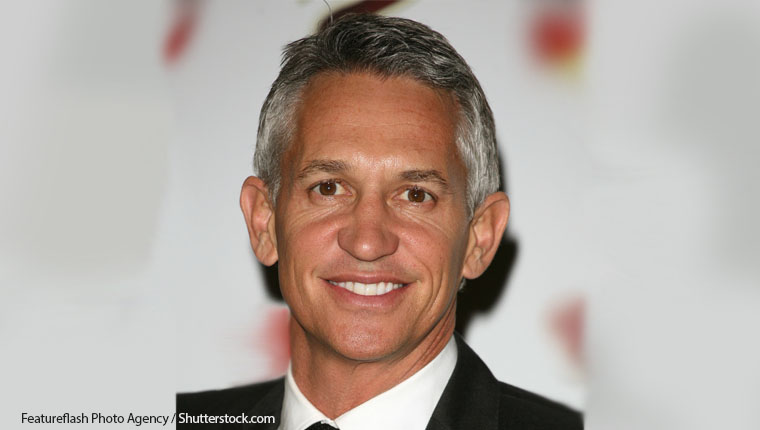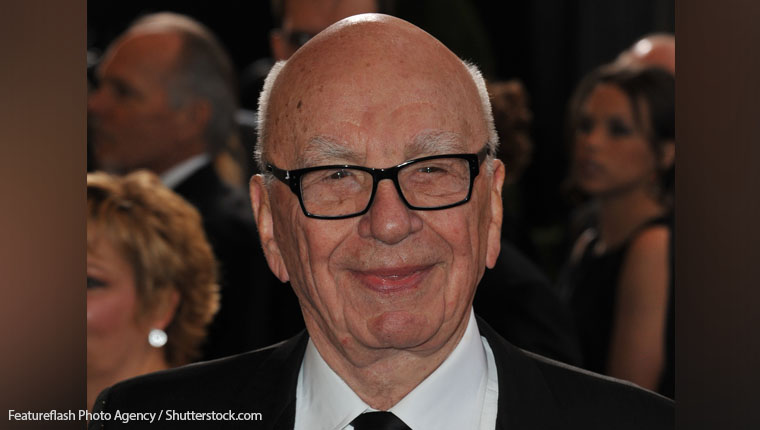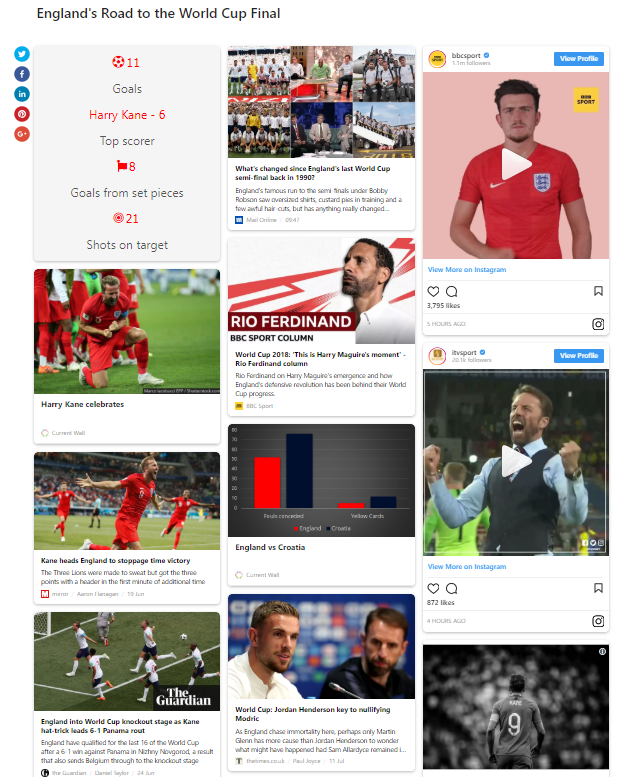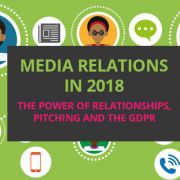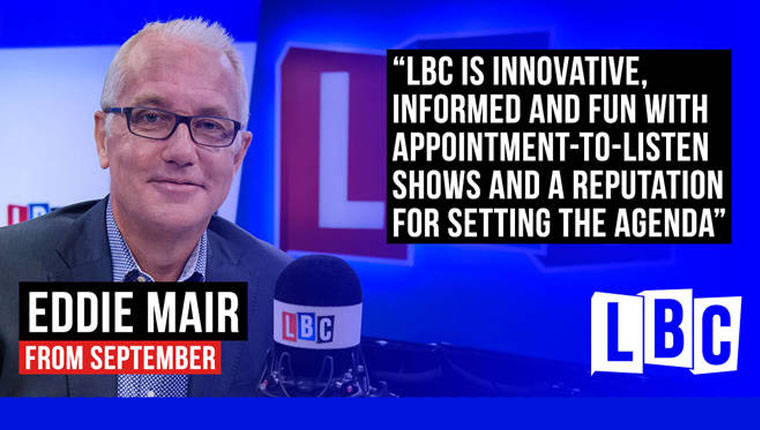Four tips for true comms integration from Angie Moxham at The Fourth Angel
Truly integrated PR, comms and marketing campaigns are not common enough, says Angie Moxham, founder and Arch Angel of the North of Integrated comms agency The Fourth Angel.
However, she says there are huge benefits to be reaped if you can deliver true integration.
Moxham, who also founded award-winning PR consultancy 3 Monkeys, shares with us four tips for in-house teams and agencies if they want to set-up and run a successful integrated campaign:
1. Get buy-in from the top and involve everyone from the outset
‘The most important thing is that everybody is involved from day one. When I worked with Microsoft, at 3 Monkeys, our client would brief out all the agencies and say: “May the best idea win!” In effect, they wanted the best ideas – regardless of the agency’s core discipline – to be looked at in an integrated way. As a client, they are very discipline-neutral.’
‘I also worked with United Biscuits (now part of pladis) and, not only was there a very enlightened marketing and comms team, the chief executive Martin Glenn (now at the FA) knew the importance of getting the marketing right and the power of PR. This meant different agencies worked together as one team, led by the client.’
2. Shatter internal silos
‘A big challenge to integration is when you have to battle through internal silos. This usually occurs with big brands with complicated internal structures. Another challenge you can encounter is insecure or inflated egos. And, of course, there can be the traditional marketing heirachy which tends to see advertising – as a discipline – sitting at the top table and PR parked at the bottom. You have to rise above it all and leave egos and the usual budget buckets at the door.’
3. Introduce an integration manifesto
‘You need one person in charge and, at the kick-off meeting, agree rules of engagement between in-house teams and any agencies that are involved. One way of ensuring people don’t fall short is to introduce an integration manifesto to get them to ‘sign-up’ to. In my experience, everyone starts off with best intentions to deliver one story brilliantly, but they may sometimes need help and guidance to keep on track. It’s too easy to fall back into old patterns of behaviour and working, and the ‘day job’ can get in the way too.’
4. Bring people on the campaign together
‘You need to have someone in charge, but it helps to have two people ensuring integration happens – one on the client and one on the agency side. And it’s not just about how people work together and how they behave in meetings. Help them build into a fully functioning team.’
‘I created a model called Tribe – and the concept of tribal working. It might sound a little shallow, but, as well as working hard together, it really helps if the team working on an integrated brief ‘plays’ together a little bit too. Go out for a few cheeky beers so you all bond better, get to know each other outside of the office; have fun and celebrate key milestones. Critically you also need to empower people and give them permission to try something new.’
It’s worth getting integration right, she adds. ‘You absolutely do get better results and maximise the spend,’ Moxham believes. ‘You’ll get the best thinking out of the teams involved and make sure the measurement and evaluation is factored in at the beginning. Output’s fine but real achievable outcomes – an ultimate bottom-line business benefit – need to be measured. That’s what the CFO, the CEO, and ultimately, you, will want to see. Integration is a way to ensure you get way more bang for your buck.’
Angie Moxham is an award-winning founder and manager of PR consultancies. She sold 3 Monkeys to Zeno, part of the DJ Edelman Group, to ‘help my baby fly’. Two years later (in March this year) she launched The Fourth Angel, a Soho-based full service consultancy which is ‘testing the boundaries of traditional PR and marcoms thinking and execution’.







